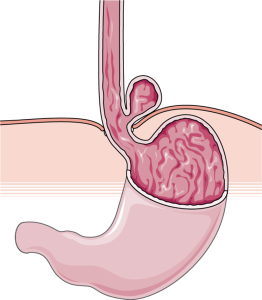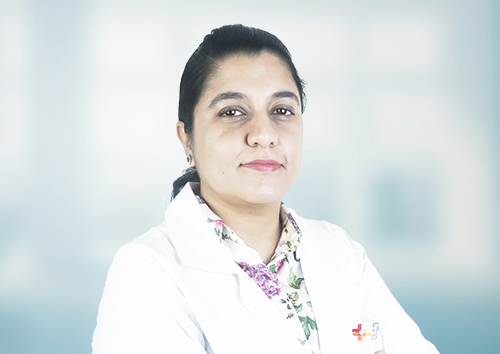
GI & Liver Sciences
The liver helps you by taking toxins (substances in the body that are actually like poisons) out of your blood. Wait! Why do you have toxins in your blood in the first place? Sometimes your body produces them as part of its normal function, like breaking down protein, a component in foods such as meat and nuts.
The liver also cleans blood that has just been enriched with vitamins and minerals during digestion. After you’ve eaten something, the vitamins, minerals, and other nutrients from the food pass from the intestine into the blood. Before going out to the rest of the body, the nutrient-rich blood makes a stop at the liver.
The liver processes the good stuff into forms that the rest of the body can use. Waste or stuff your body doesn’t need can be carried by bile back into the intestine and out of the body when you poop. Other waste processed by the liver goes through your blood to your kidneys and out in your pee.
And, if you ever accidentally ate something that was harmful, your liver would try to break it down and clear it out of your system. But don’t put your liver to the test! Steer clear of poisons and other harmful stuff.
The Liver Makes Bile
As you probably know, the digestive system does more than just move food through your body until it’s time for a trip to the bathroom. During digestion, your body takes everything your body needs from the food you eat. Fat is one of the things the body gets from food.
Bile, a digestive juice produced by the liver, helps the body absorb fat into the bloodstream. You’ll find this thick, yellow-green substance in the gallbladder, where it’s stored until the body needs some to digest fats.

Our Departmental Excellences


Dr. Gursimran Kaur
Consultant - GI and Liver Sciences
Book Your Consultation Now
